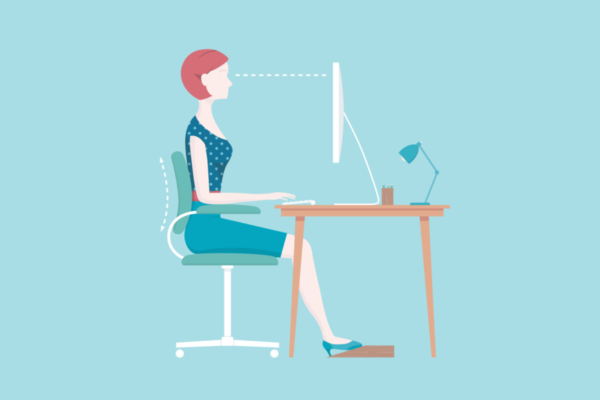Coronavirus has forced many companies to adopt smart working. Many of the world employees have therefore started working in this way for some time. But was there really a need for a virus to allow people to avoid much of the stress caused by traveling home from work?
During 2019, 570 thousand smart working employees reached 570000. 58% of private companies and 16% of PAs have adopted, at least once, this practice by offering their employees to work outside the walls of the classic office.
Compared to 2018, the projects managed in this way of work doubled last year with excellent results. Many consultancy companies have long adopted this working formula for their employees. In many cases, some workers have the opportunity to work 4-5 days a month from home, but always connected with their work team.
The coronavirus has forced many companies in Milan and the rest of the red areas to adopt this type of work to avoid blocking entire sectors of services that would have suffered significant repercussions otherwise. On social networks, many workers are praising this type of work. Others, long forced to work from home, can’t wait to go back to the office.
Smart working has, therefore, become a forced reality for many employees of private companies, and it is not yet clear how long it will be a forced choice.
But how do you survive work from home? Here are some tips and practices to keep in mind.
How to work from home effectively
First, as in the office, the right environment must be identified. The advice is to choose the brightest and most calm corner of your home- the table in the dining room or a desk in front of a window could be the right choice. After finding the right space in your home, it is also a good idea to choose the right chair. The best would be to have an ergonomic office chair at home too. If you don’t have it, the important thing is to maintain a correct posture- straight back and feet well planted on the ground are the basis to avoid accusing excessive tiredness and pain due to desk work.
The outfits? There is certainly no need to put yourself on fire, but staying in your pajamas all day may not be the right choice. It makes no sense, therefore, to put on a jacket and tie, but to completely break the morning preparation routine could negatively affect productivity in smart working.
After taking all these measures, working from home allows you to reach excellent levels of productivity. In regular breaks, there is also the great advantage of being able to carry out some domestic affairs and, why not, prepare lunch and dinner. But the benefits don’t end there- goodbye to the stress of home-work travel! This allows not only to save time but also to dedicate a few more minutes to work or personal well-being.
In teamwork, it is undoubtedly necessary to organize a few more calls than usual in order to keep up to date and to proceed with routine work also in smart working. In some cases, of course, it becomes impossible to meet customers or suppliers live. Also, in this case, thanks to all the tools that are normally used equally, it is not difficult to reorganize some virtualizable meetings.
Despite the need to stay within the home, however, one should not lose touch with reality! Among the small commissions essential for shopping and little else and the windows of the house, it is not difficult to stay in touch with the outside, thus avoiding alienating yourself.
Conclusions
Many of the workers involved in “forced” smart working have discovered the value of this tool and will certainly evaluate the possibility of offering their employees a few hours in this way of working even at the end of the current emergency.
Did you need the virus crown to understand that smart working can be an excellent option to offer to your employees? Certainly not, but it certainly made many companies and employers aware of the potential of this tool.
What do you think about it? Let us know through the comments!



